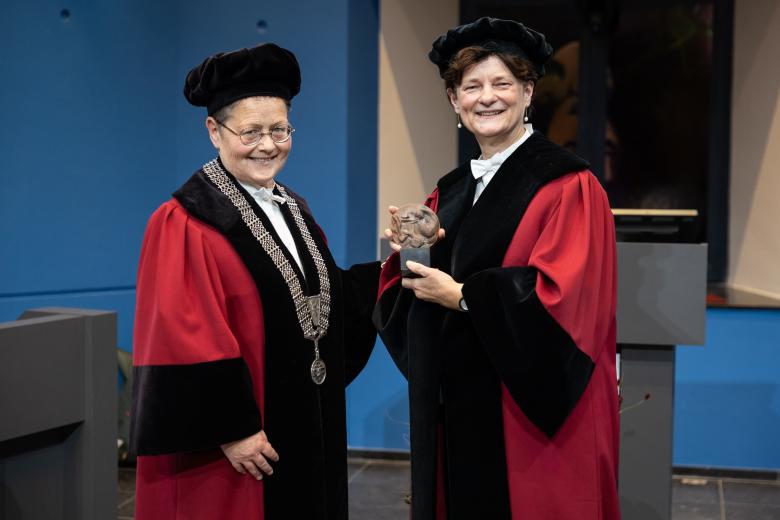Four Vidi grants for talented Maastricht University researchers
The Netherlands Organisation for Scientific Research (NWO) has awarded four experienced researchers at Maastricht University a Vidi grant of EUR 800,000. This will enable them to develop their own innovative line of research and set up a research group over the next five years.
The laureates and their research
When colorectal cancer gets nervous
Even though it is currently well established that neurons within the colorectal tumor-microenvironment negatively impact patients prognosis, knowledge regarding their contribution to colorectal carcinogenesis remains a black box. In this project Dr. Veerle Melotte (Faculty of Health, Medicine and Life sciences, FHML) will perform an in-depth characterization of these tumor-associated-neurons by identifying their origin and molecular profile. Moreover Dr. Melotte will investigate how these neurons regulate colorectal cancer hallmarks.
Watch this video Hersens in je buik (in Dutch)
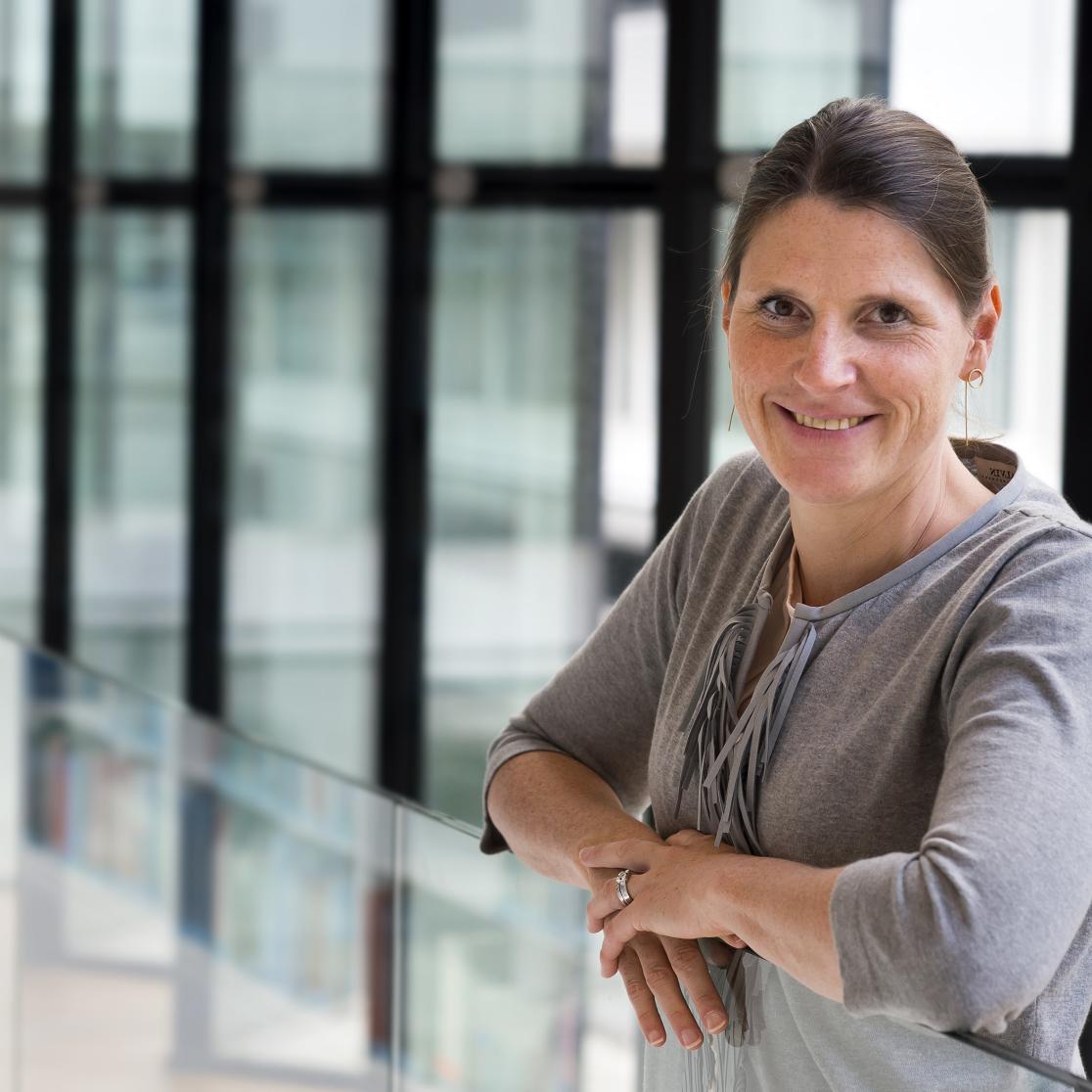
Reconstructing networks from uncertain time-evolving data
Data collection activities are subject to errors, including systematic and random errors. Dr. Leto Peel, researcher at the School of Business and Economics (SBE), will develop methods to deal with uncertain time-evolving network data enabling more effective study of complex systems within and around us from our cellular biology to our social interactions.
Visit Leto's research website for more information
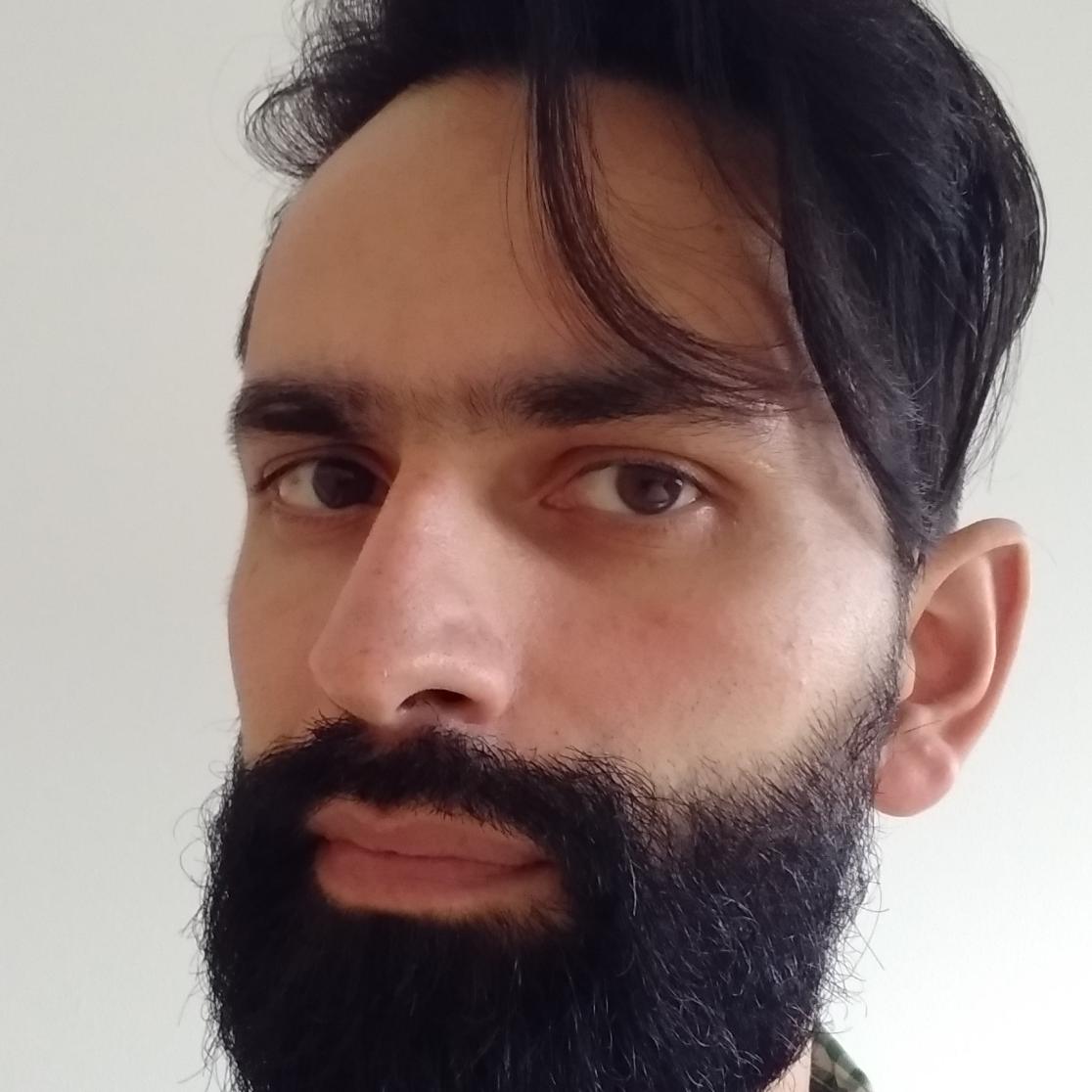
Two-coloured laser light to control the Einstein Telescope
The Einstein Telescope uses laser light to precisely monitor the distance between two freely hanging mirrors placed several kilometres apart, to search for traces of gravitational waves that are passing by. The mirrors are made from large silicon crystals and require a specific laser colour for best sensitivity. This research by Dr. Sebastian Steinlechner from the Faculty of Sciences and Engineering (FSE), shows how combining this laser light with another laser colour can control the mirrors to an extremely stable position, letting the Einstein Telescope listen to the faintest waves.
Click for more information about the ETpathfinder in Maastricht
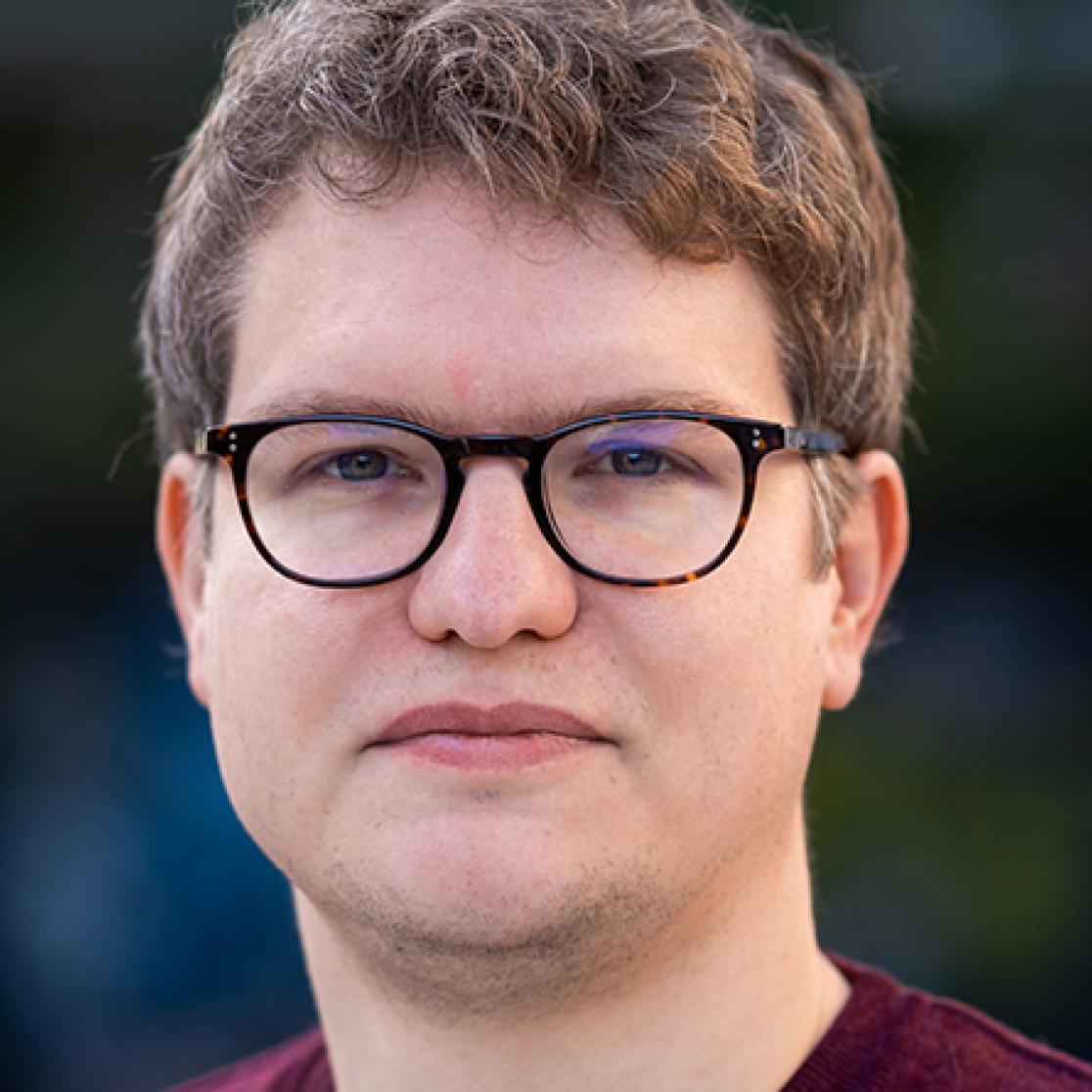
Big Data: Learning to see the wood for the trees
Fine-grained data are nowadays omnipresent in our society: smartphones, sensors, the internet and social media offer endless opportunities to collect near real-time data on a large group of individuals or products simultaneously. When one wants to use such data to support economic decision making, should these fine-grained data be used as is or might their granularity actually complicate information retrieval from them? Dr. Ines Wilms, together with her colleagues for the School of Business and Economics (SBE) will develop new statistical methods that learn how to appropriately aggregate such fine-grained data for more reliable decision making.
In this video Ines elaborates on her work
NWO Talent Programme
Vidi is aimed at experienced researchers who have carried out successful research for a number of years after obtaining their PhDs. Together with Veni and Vici, Vidi is part of the NWO Talent Programme. Researchers in the Talent Programme are free to submit their own subject for funding. NWO thus encourages curiosity-driven and innovative research. NWO selects researchers based on the quality of the researcher, the innovative character of the research, the expected scientific impact of the research proposal and the possibilities for knowledge use.
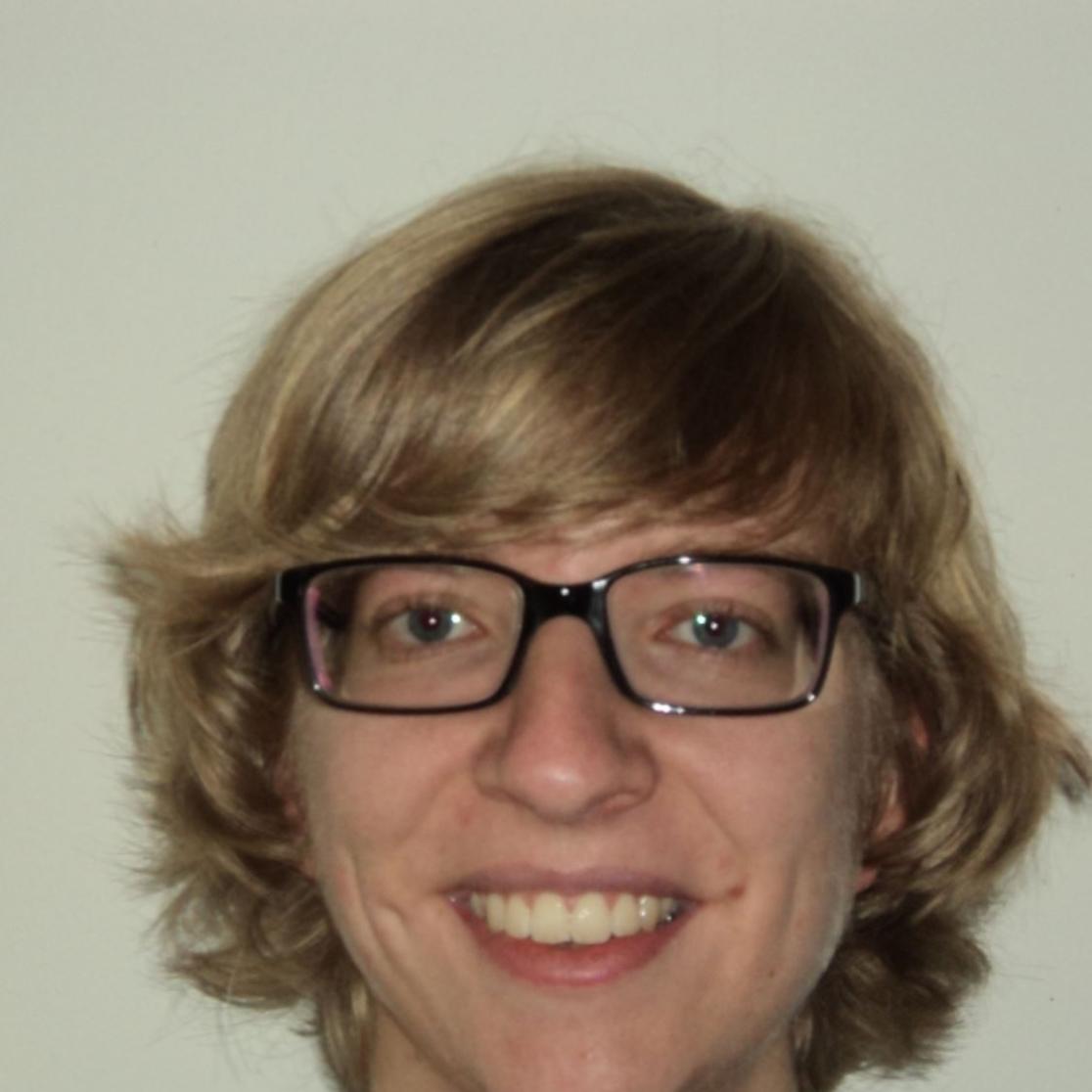
Also read
-
Green school playgrounds boost concentration and wellbeing
Children at schools with green playgrounds are better able to concentrate and display more social behaviour. This is the conclusion of a follow-up study within the long-running project The Healthy Primary School of the Future .
-
Ron Heeren appointed fellow of the Netherlands Academy of Engineering
Professor Ron Heeren, distinguished university professor at Maastricht University (UM) and director of the Maastricht MultiModal Molecular Imaging Institute (M4i), was appointed as a fellow of the Netherlands Academy of Engineering (NAE) on Thursday 11 December.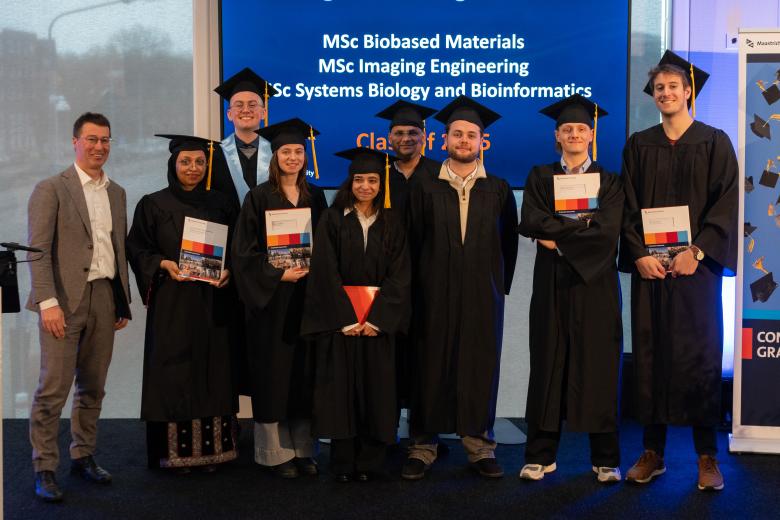
-
Prof. dr. Mirjam oude Egbrink awarded MUMC+-medal
During her farewell lecture on Friday, 28 November, Prof. Mirjam Oude Egbrink was awarded the MUMC+ medal by Dean Annemie Schols for her distinguished career.